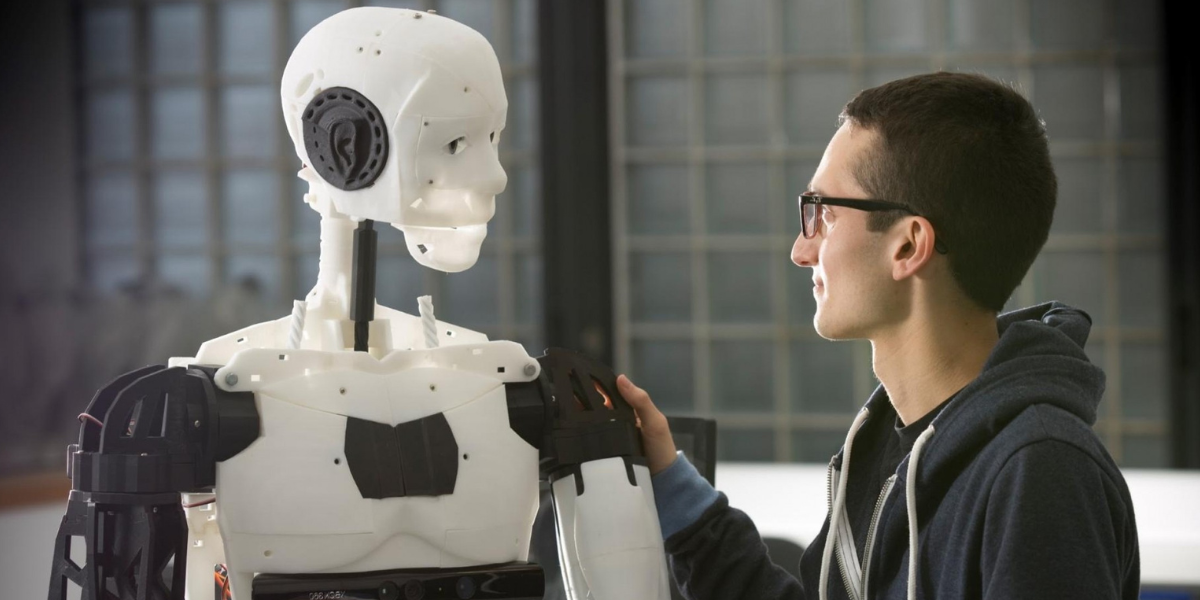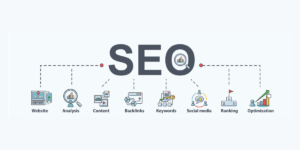
The field of robotics is rapidly advancing, and Long Island is poised to be at the forefront of this technological revolution. With a rich history in manufacturing and aerospace, the region has a strong foundation of expertise that can be leveraged to drive innovation and growth in the robotics industry.
The future of robotics on Long Island is bright, and the potential for robotics applications is endless. From manufacturing and logistics to healthcare and education, robotics can be used to automate tasks, improve efficiency, and enhance safety in a variety of industries.
A variety of industries are going to be aided by robots such as:
Healthcare: Robots can assist healthcare providers in delivering care to patients. For example, robots can perform routine tasks such as taking vitals or administering medication, allowing nurses and doctors to focus on more complex tasks. Robots can also be used for telemedicine, enabling patients to receive medical care remotely.
Manufacturing: Long Island has a strong manufacturing industry, and robots can help improve efficiency and productivity in factories. Robots can perform repetitive tasks more quickly and accurately than humans, freeing up workers to focus on more complex tasks. Robots can also be used for quality control, ensuring that products meet strict standards.
Education: Robots can be used in classrooms to enhance the learning experience. For example, robots can be programmed to teach coding or robotics, allowing students to gain practical experience in these fields. Robots can also be used to assist teachers in delivering lessons and grading assignments.
Transportation: Self-driving cars and trucks are becoming increasingly common, and Long Islanders may benefit from this technology in the future. Self-driving cars can reduce traffic congestion and accidents, and may also reduce the cost of transportation.
Overall, robots have the potential to improve efficiency and productivity in a wide range of industries, which could benefit Long Islanders in numerous ways. However, it is important to ensure that these technologies are developed responsibly and ethically, with appropriate safeguards to protect workers and consumers.

My name is Greg and I have 20 years of experience in creating and managing websites. I have 6+ million views collectively on social media platforms like Quora, Facebook, LinkedIn, and Instagram. Contact me to get your website optimized for search engines.













